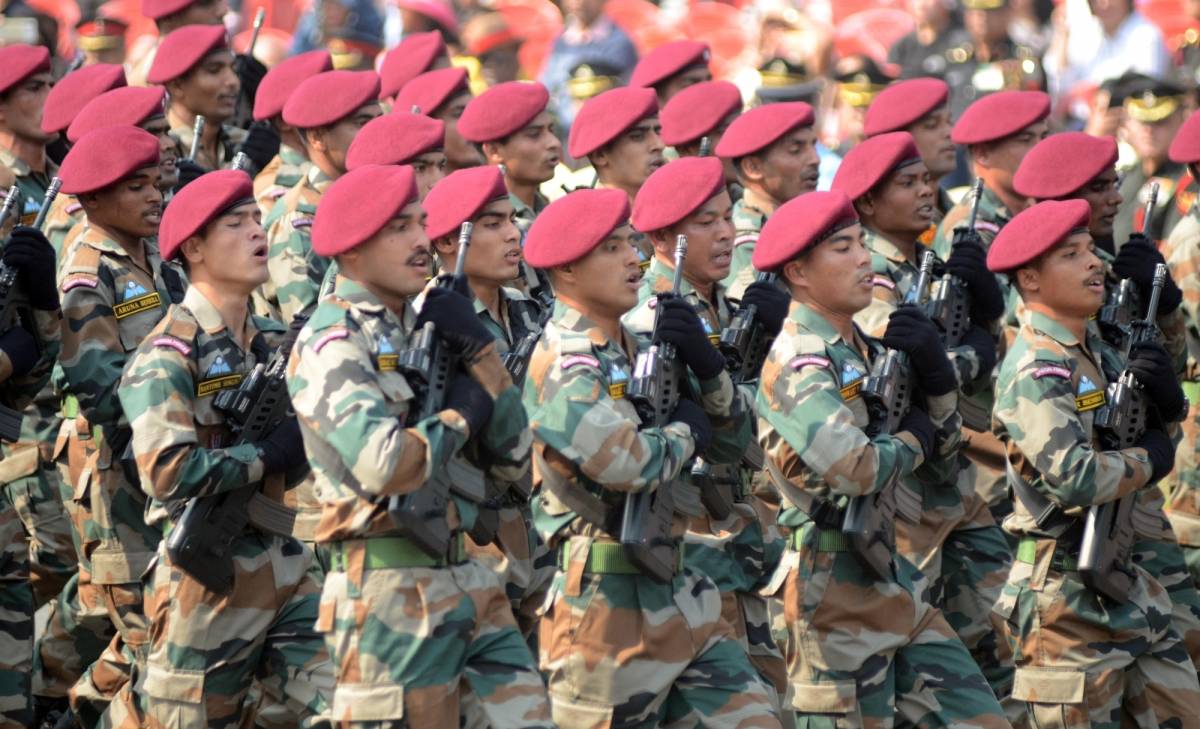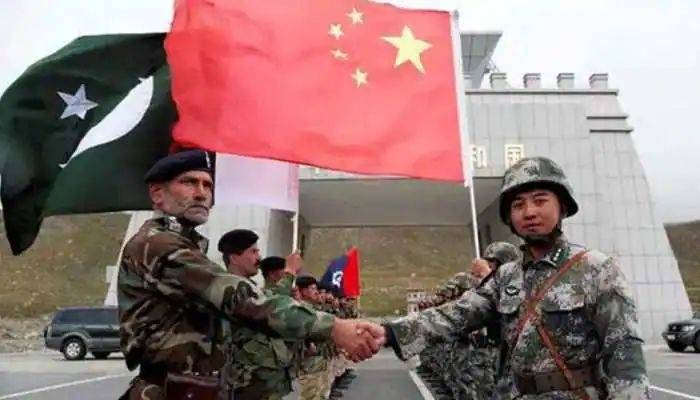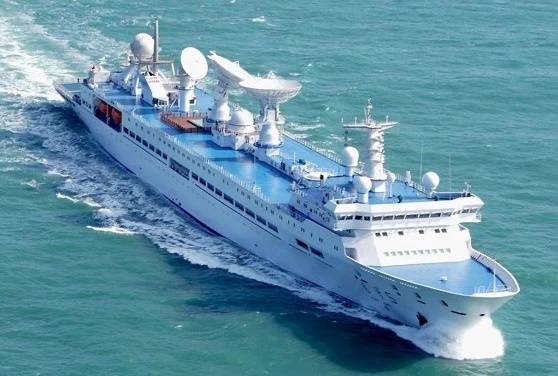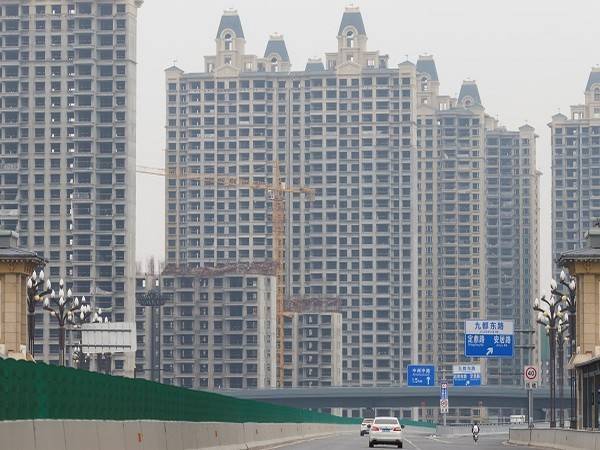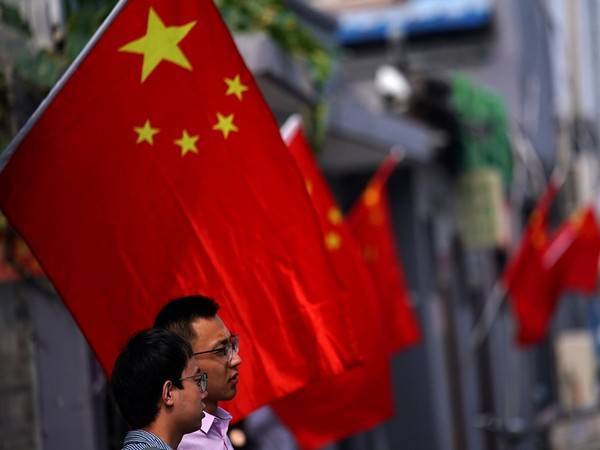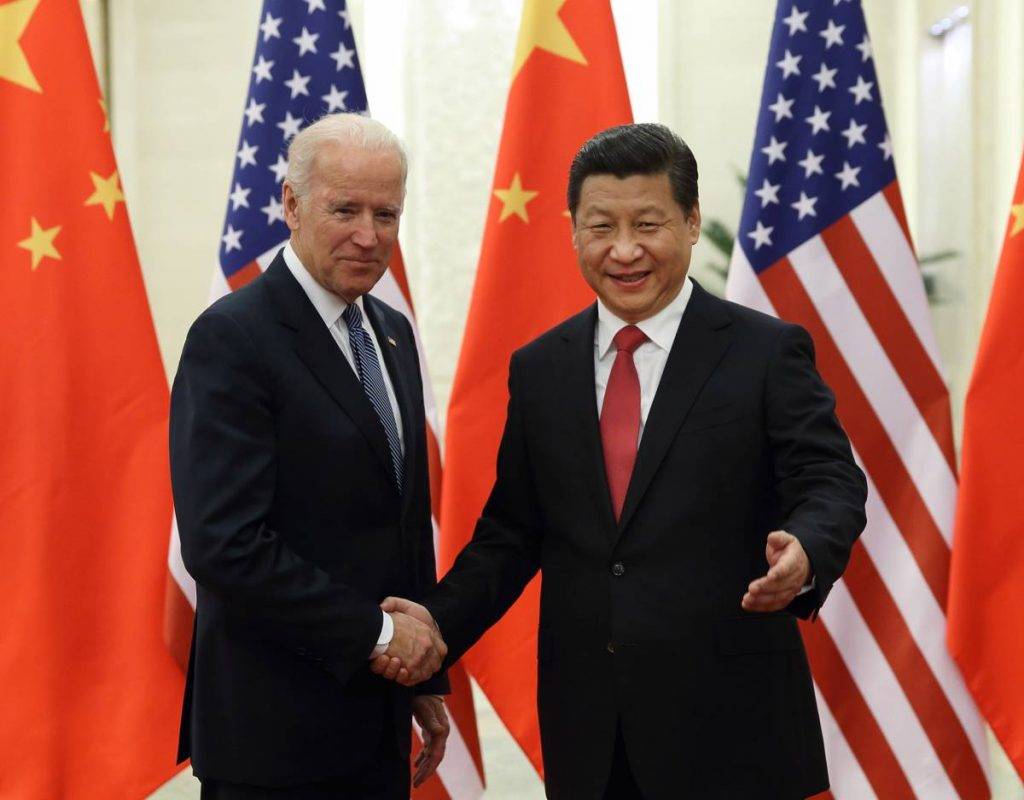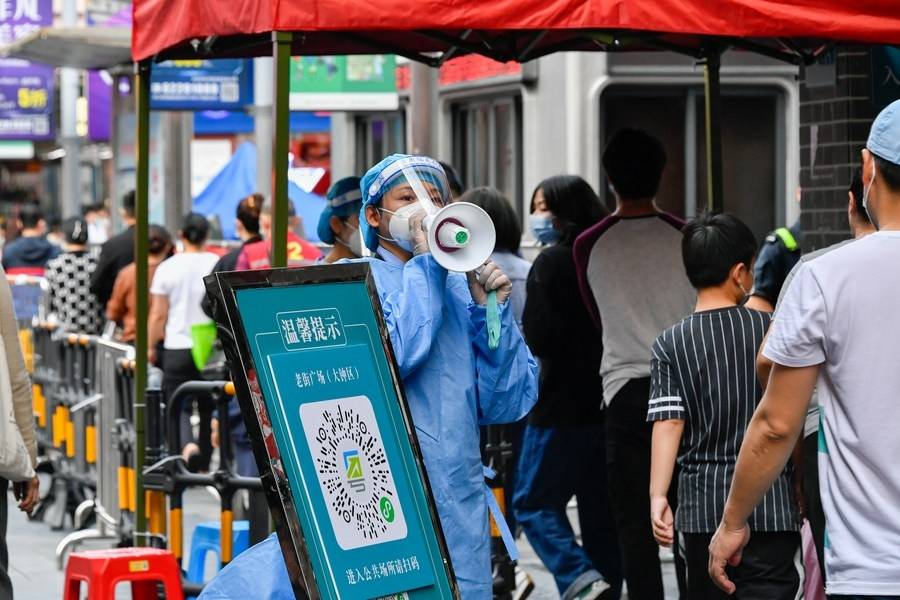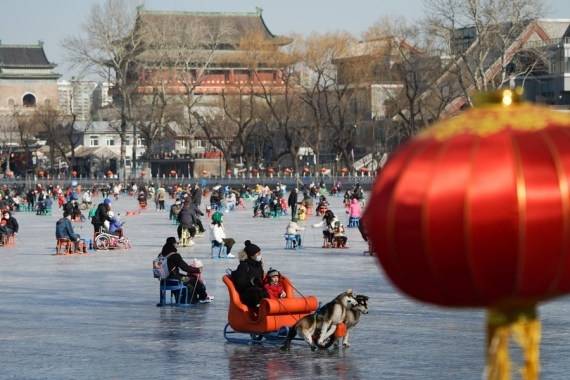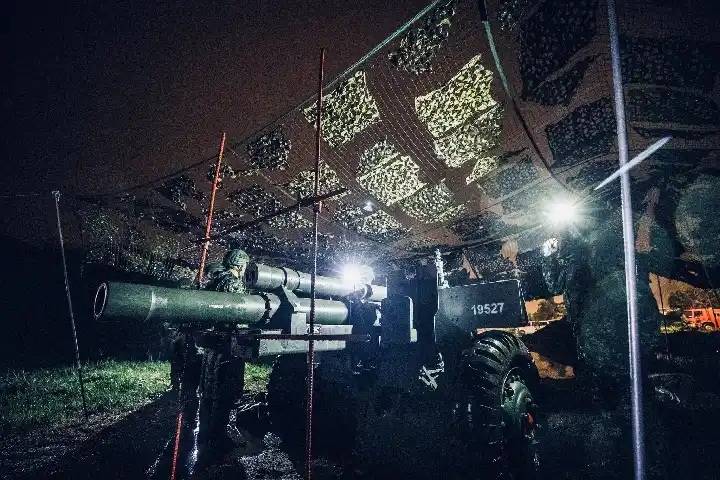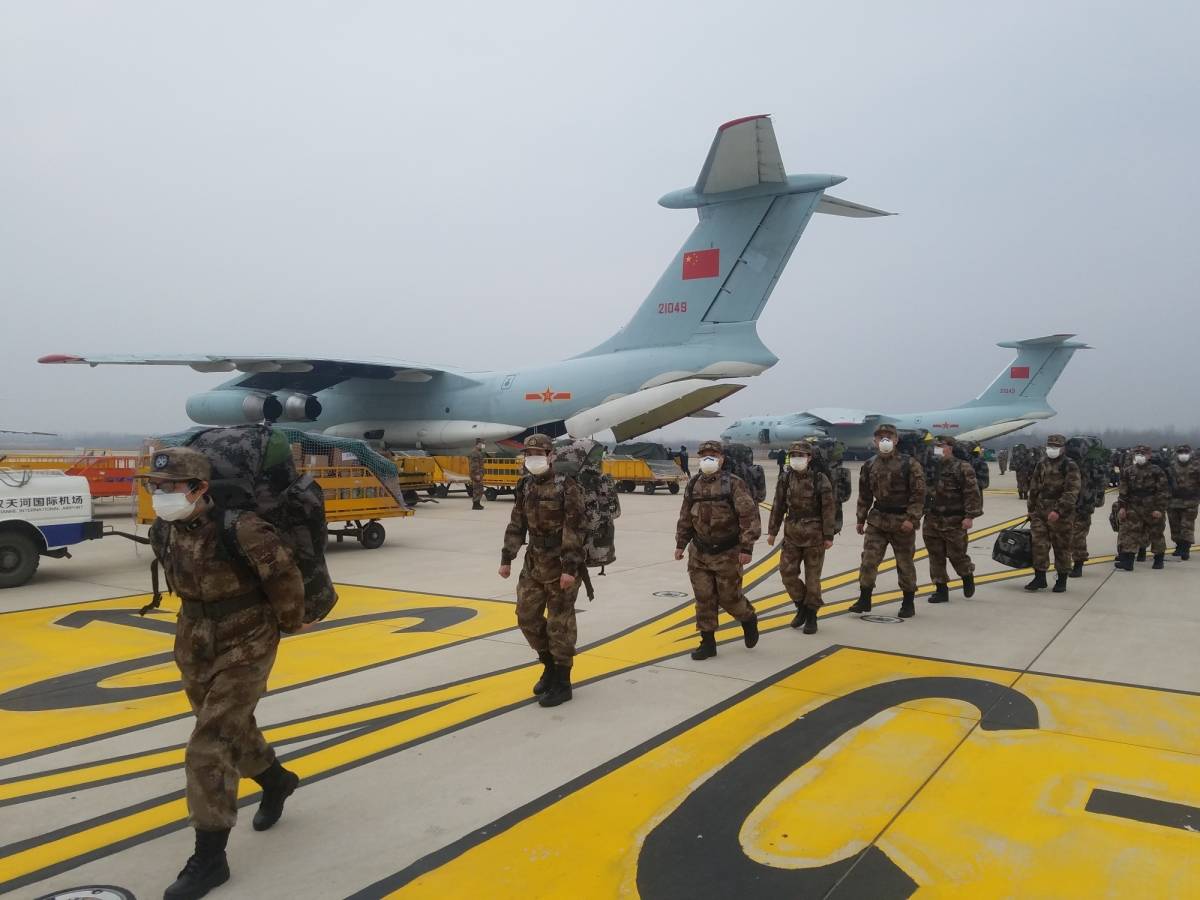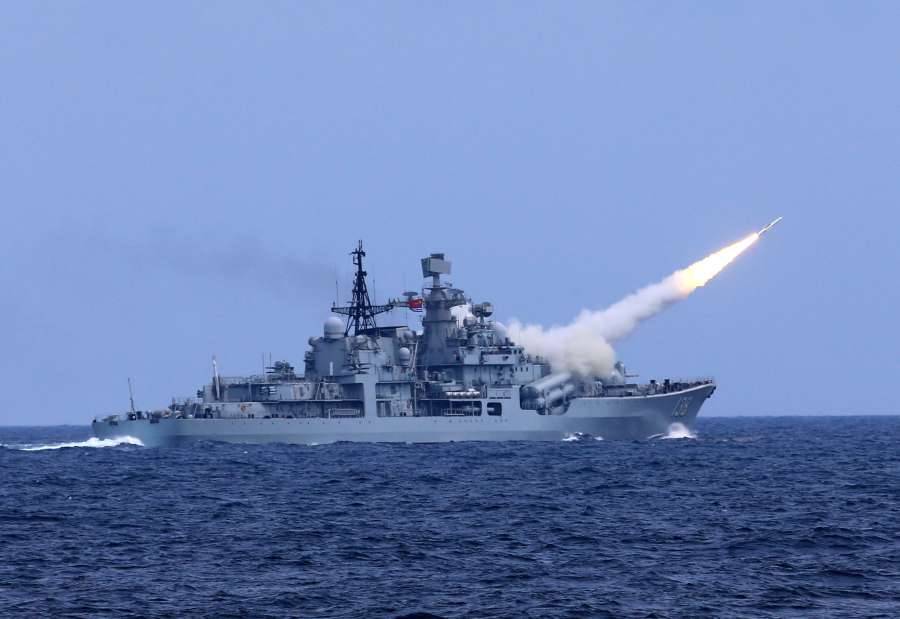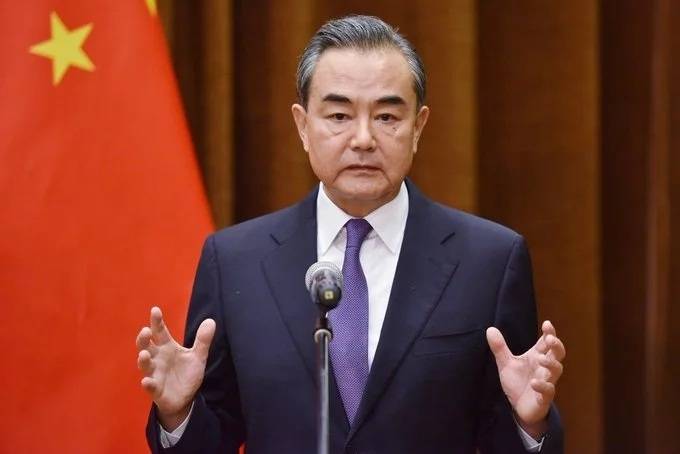China’s Defence Ministry in Beijing in a statement announced the participation of PLA troops in the exercises, adding that “India, Belarus, Tajikistan, Mongolia and other countries will also participate”…reports Asian Lite News
Indian and Chinese troops are set to take part in military exercises in Russia later this month, the first such major war games to be hosted by Russia since its invasion of Ukraine in February.
China’s Defence Ministry in Beijing on Wednesday in a statement announced the participation of People’s Liberation Army (PLA) troops in the exercises, adding that “India, Belarus, Tajikistan, Mongolia and other countries will also participate”.
India has also indicated its participation in the war games. There was no response from the Indian Army on Wednesday to questions on India’s participation.
Russia’s Defence Ministry said last month the Vostok (East) 2022 exercises will be held from August 30 to September 5 in 13 training grounds in Russia’s Eastern Military District, and that the manoeuvres would include units of airborne troops, long-range bombers and military cargo aircraft.
It remains unclear if Indian and Chinese troops will be present together or if they will take part in different drills which will be spread across the 13 different training grounds.
The Chinese Defence Ministry statement noted the exercises were “unrelated to the current international and regional situation” and were aimed at “deepening the pragmatic and friendly cooperation with the militaries of participating countries, enhancing the level of strategic coordination of all participating parties, and enhancing the ability to deal with various security threats”.
Indian and Chinese troops have remained in a stand-off that has lasted for more than two years along the Line of Actual Control (LAC) in Eastern Ladakh following the transgressions by the PLA in April 2020. Disengagement has taken place in some areas along the LAC but talks to restore the status quo in the remaining friction areas in Hot Springs, Demchok and Depsang have been slow-moving.
The Chinese defence ministry said the exercise is “unrelated” to the current international and regional conditions. The Russian government confirmed the “Vostok” (East) drills last month without sharing details.
The Chinese defence ministry confirmed the exercise and shared some more details on Wednesday. “In accordance with the annual plan for cooperation between the armed forces of the two countries and the bilateral agreements, the PLA (People’s Liberation Army) will soon delegate and send part of its forces to Russia for participation in the Vostok-2022 exercise,” the Chinese statement said.
“China’s participation aims at enhancing strategic coordination among the participating nations and strengthening the ability to respond to security threats,” the ministry statement said, according to official media.
Reacting to the development, former Northern Army commander Lieutenant General DS Hooda (retd) said: “I don’t attach too much significance to India and China taking part in these multi-nation drills against the backdrop of the Ladakh standoff. What will be more significant is restarting the India-China bilateral Hand-in-Hand exercise, which does not appear likely at the moment.”
XXX
‘Sino-India ties going through a rough patch’
XXX
India-China relations are going through an “extremely difficult phase” because of Beijing’s actions on the border and it will be difficult to have an Asian century if the two countries don’t come together, external affairs minister S Jaishankar said on Thursday.
Jaishankar also defended India’s decision to purchase Russian oil and the country’s engagement with Myanmar’s junta following last year’s coup in the face of what he described as “double standards” and criticism from far away that didn’t account for India’s priorities.
During an interaction at Chulalongkorn University in Thailand, he said relations between China and India were largely dependent on how the two sides are able to harmonise their interests, and recalled Chinese leader Deng Xiaoping’s remarks that an Asian century will happen when India and China come together.
“But the Asian century will be difficult to happen if India and China don’t come together. And one of the big questions today is where India-China relations are going,” he said.
“Because at the moment, the relationship is going through an extremely difficult phase because of what the Chinese have done in the last two years in our border areas,” he said, referring to the military standoff in the Ladakh sector of the Line of Actual Control (LAC) that the Indian side has attributed to China’s unilateral attempts to alter the status quo.
Jaishankar’s remarks were in marked contrast to the Chinese leadership’s assertions about a “momentum of recovery” in relations when the external affairs minister met Chinese state councillor and foreign minister Wang Yi last month. Jaishankar has also repeatedly said in recent months that the overall relationship cannot be normalised without peace and tranquillity in the border areas.
Responding to a question on India’s decision to buy Russian oil despite criticism from other countries, Jaishankar said there were different “yardsticks of judgement” and even “double standards at times” on this matter.
“We are not the only oil importer and…there are no sanctions on oil,” he said, adding that other countries and regions were being “very articulate” on this issue but have taken care of their own interests.
“I think it’s reasonable that we too be allowed to take care of our interests, particularly because we are a low-income society. For us, the increase in energy prices really hurt,” he said.
India, the third largest consumer of energy, has snapped up discounted Russian crude in recent months. Jaishankar said on Wednesday that India’s actions were aimed at ensuring the best possible deal for its citizens amid high energy prices and shortages.
ALSO READ-India takes a dig at China in UN

